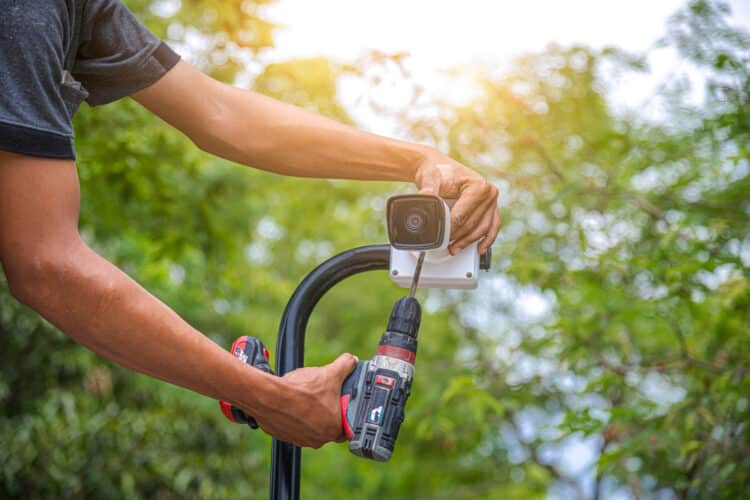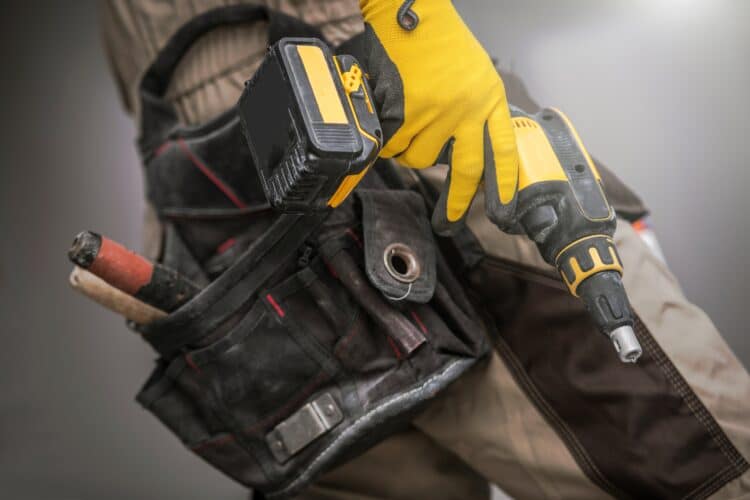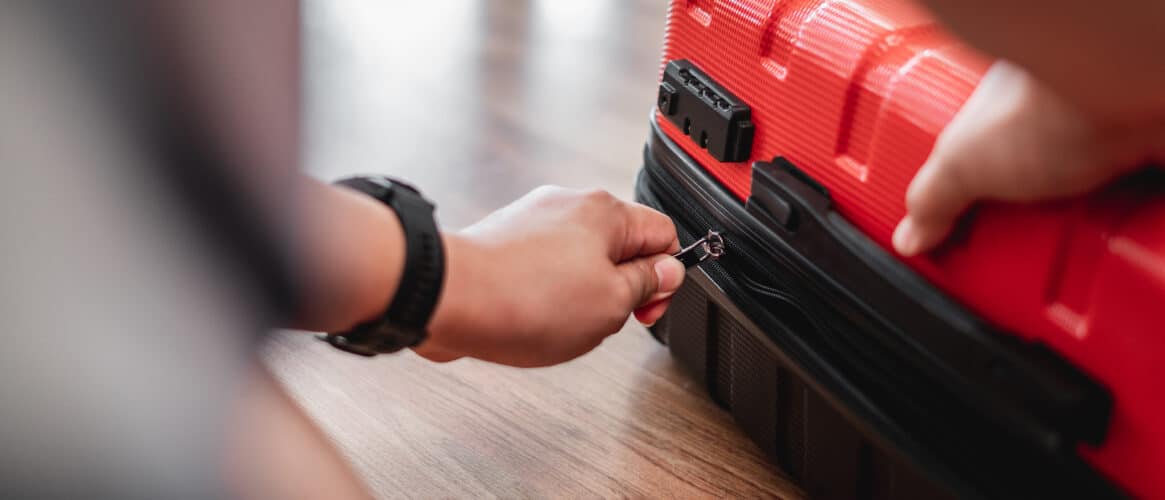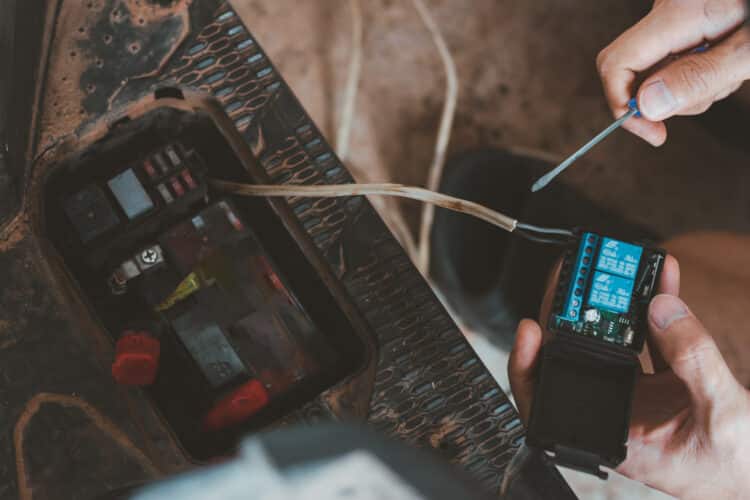What Size Drill is Best for Home Use?
Key Takeaways
- The ideal drill size for most household tasks is a 3/8-inch drill, as it offers a balance between power and versatility.
- For home projects, the recommended voltage range for drills is typically between 12 and 18 volts.
- When choosing a drill size for home use, consider factors such as project scope, battery life, and comfort and ergonomics.
When it comes to home projects, having the right tools is essential. One tool that is frequently used in various DIY tasks is a drill. But with so many options available, it can be overwhelming to determine the best drill size for home use. In this article, we will explore the different drill sizes recommended for home projects and help you make an informed decision.
Understanding Drill Sizes
Drill sizes are typically measured in volts, which indicates the power and performance of the drill. Higher voltage drills generally offer more power and are suitable for heavy-duty applications, while lower voltage drills are better for light to medium tasks.
The Best Drill Size for Home Projects
According to the information provided, the ideal drill size for household tasks is a 3/8-inch drill. This size is commonly recommended for home use as it strikes a balance between power and versatility. It is suitable for a wide range of tasks, including drilling into wood, plastic, and light metals.
Voltage Recommendations
While the specific drill size mentioned above is a good starting point, it’s important to consider the voltage of the drill as well. The information provided suggests that the best drill size for home projects is typically between 12 and 18 volts.
A 12-volt drill is suitable for light to medium tasks such as assembling furniture, installing shelves, or hanging curtains. It offers sufficient power for these types of projects without being too heavy or cumbersome to handle.
On the other hand, an 18-volt drill provides more power and is ideal for heavier applications. It can handle tasks such as drilling into hardwoods, masonry, or thick metal sheets. If you anticipate working on more demanding projects or need the extra power, an 18-volt drill may be the better choice.
Considerations for Home Use
When choosing the right drill size for home use, it’s important to consider your specific needs and the types of projects you are likely to undertake. Here are a few factors to keep in mind:
- Project Scope: Assess the scale and complexity of the projects you plan to tackle. If you primarily work on small DIY tasks, a 12-volt drill may be sufficient. However, if you frequently engage in larger projects or renovations, investing in an 18-volt drill can provide the necessary power.
- Battery Life: Consider the battery life of the drill, especially if you are working on projects that require extended use. Higher voltage drills often have larger battery capacities, allowing for longer run times without the need for frequent recharging.
- Comfort and Ergonomics: Pay attention to the weight and design of the drill. Ensure that it feels comfortable in your hand and is easy to maneuver. This is particularly important for projects that require drilling in tight or awkward spaces.
Conclusion
Choosing the right drill size for home use is crucial to ensure efficient and successful completion of your DIY projects. Based on the information provided, a 3/8-inch drill is recommended for household tasks. However, the voltage of the drill should also be considered, with options ranging from 12 to 18 volts.
Ultimately, the best size drill for your home projects will depend on your specific needs and the types of tasks you frequently undertake. Assess the scale and complexity of your projects, battery life requirements, and comfort factors to make an informed decision.
Related Websites:
FAQs:
Q: Why is it important to choose the right size cordless drill for home use?
Choosing the right size cordless drill for home use ensures optimal performance and efficiency in completing projects. It allows for better control, accuracy, and prevents damage to materials.
Q: How do I understand drill sizes and gauge numbers?
Drill sizes are measured by diameter, with smaller numbers indicating larger drills. Gauge numbers are used for screw sizes, with higher numbers indicating thicker screws. Understanding these sizes helps in selecting the appropriate drill bit for specific projects.
Q: Why is it important to match drill bit sizes to screw sizes and materials?
Matching drill bit sizes to screw sizes and materials ensures proper screw placement and prevents issues like stripping or damaging the screw or material. It improves the overall quality and durability of the project.
Q: What are the ideal drill sizes for home use?
For light-duty tasks and delicate materials, small drill sizes like ¼ inch or less are suitable. Medium drill sizes ranging from 3/8 to ½ inch are ideal for general-purpose use and most home projects. Large drill sizes, 5/8 inch and above, are suitable for heavy-duty tasks and specialized projects.
Q: How do I match drill sizes to different home projects?
Different home projects require different drill sizes. For example, small drill sizes are suitable for hanging picture frames, while medium drill sizes work well for installing shelves. It’s important to consider the project requirements and material thickness when selecting the appropriate drill size.





